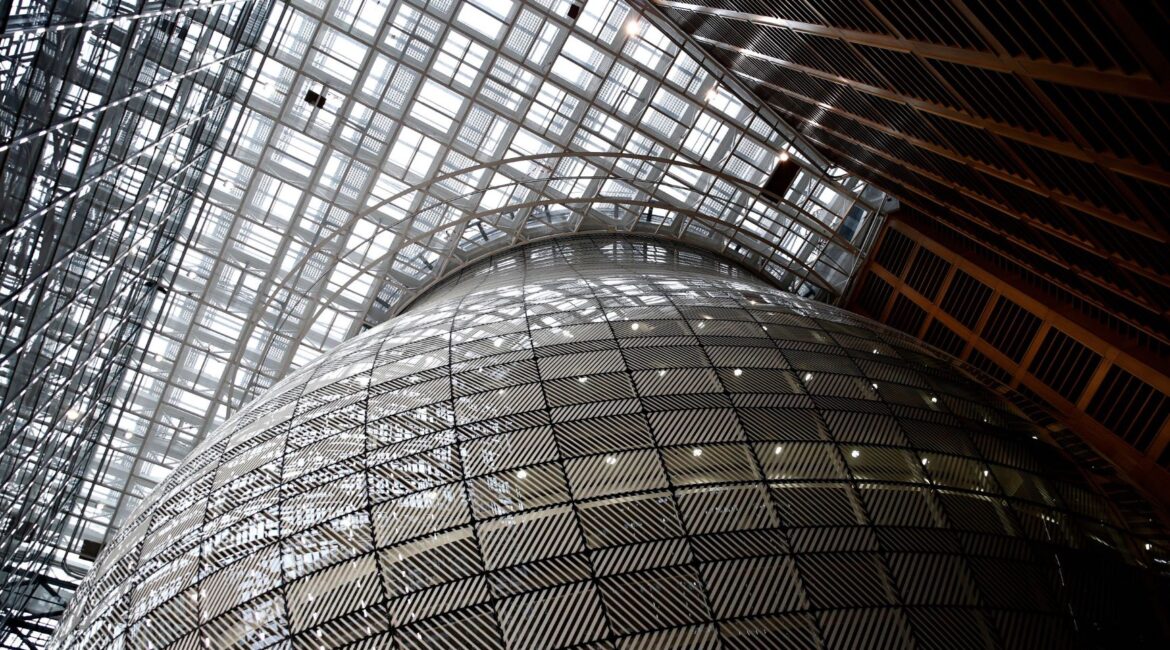The Protocol to the Agreement on a Unified Patent Court (UPC) on provisional application (PPA) has entered into force on 19 January 2022 following the deposit of the instrument of ratification by Austria.
This event marks the start of the Provisional Application Period (PAP) for the Unitary (European) Patent System with the birth of the Unified Patent Court as an international organization.
The Unified Patent Court will be a court common to the Contracting Member States and thus part of their judicial system. It will have exclusive competence in respect of European patents and European patents with unitary effect. The exclusive competence is subject to exceptions during the transitional period. The UPC’s rulings will have effect in the territory of those Contracting Member States having ratified the UPC Agreement at the given time (see List of member states). The UPC will not have any competence with regard to granted national patents.
The UPC Agreement is open to all Member States of the European Union. The Agreement is not open to states outside of the European Union. Up to date, all European Union Member States except Spain and Poland have signed the Agreement.
During the PAP, the last part of the preparatory work in establishing the Court will be conducted. The practical work will start with the inaugural meetings of the governing bodies of the Court, namely the Administrative Committee, the Advisory Committee and the Budget Committee. Thereafter the crucial work of finalising the recruitment of the judges of the Court will be carried out.
The UPC will consist of a Court of First Instance, a Court of Appeal and a Registry. The Court of First Instance will have a central division as well as local and regional divisions. The central division will be seated in Paris, with a section in Munich.
Every Contracting Member State may set up a local division or together with one or more other Contracting Member States a regional division of the Court of First Instance. The Contracting Member States shall designate the seat of such local and regional divisions. The Court of Appeal will have its seat in Luxembourg. The Registry will be set up at the seat of the Court of Appeal.
In addition a patent mediation and arbitration centre with seats in Ljubljana and Lisbon and a training framework for judges with facilities in Budapest shall be established.
There will be both legally qualified judges and technically qualified judges. The judges must be nationals of a Contracting Member State, ensure the highest standards of competence, have proven experience in the field of patent litigation and good command of at least one official language of the European Patent Office (EPO).
Legally qualified judges shall possess the qualifications required for appointment to judicial offices in a Contracting Member State and technically qualified judges shall have a university degree and proven expertise in a field of technology as well as proven knowledge of civil law and procedure relevant to patent litigation. Any panel of the UPC shall have a multinational composition.
It is deemed that the PAP will last at least eight months. The Preparatory Committee has divided the tasks into five areas; legal, financial, human resources, IT and infrastructure. Each area has been assigned to a working group with the responsibility to develop proposals.
When the State Parties are confident that the Court is functional, Germany will deposit its instrument of ratification of the UPC Agreement, which will trigger the countdown until this Agreement’s entry into force and set the date for the start of the UPC’s operations.
Alexander Schmidt, Patentanwalt
Beat Wüst





